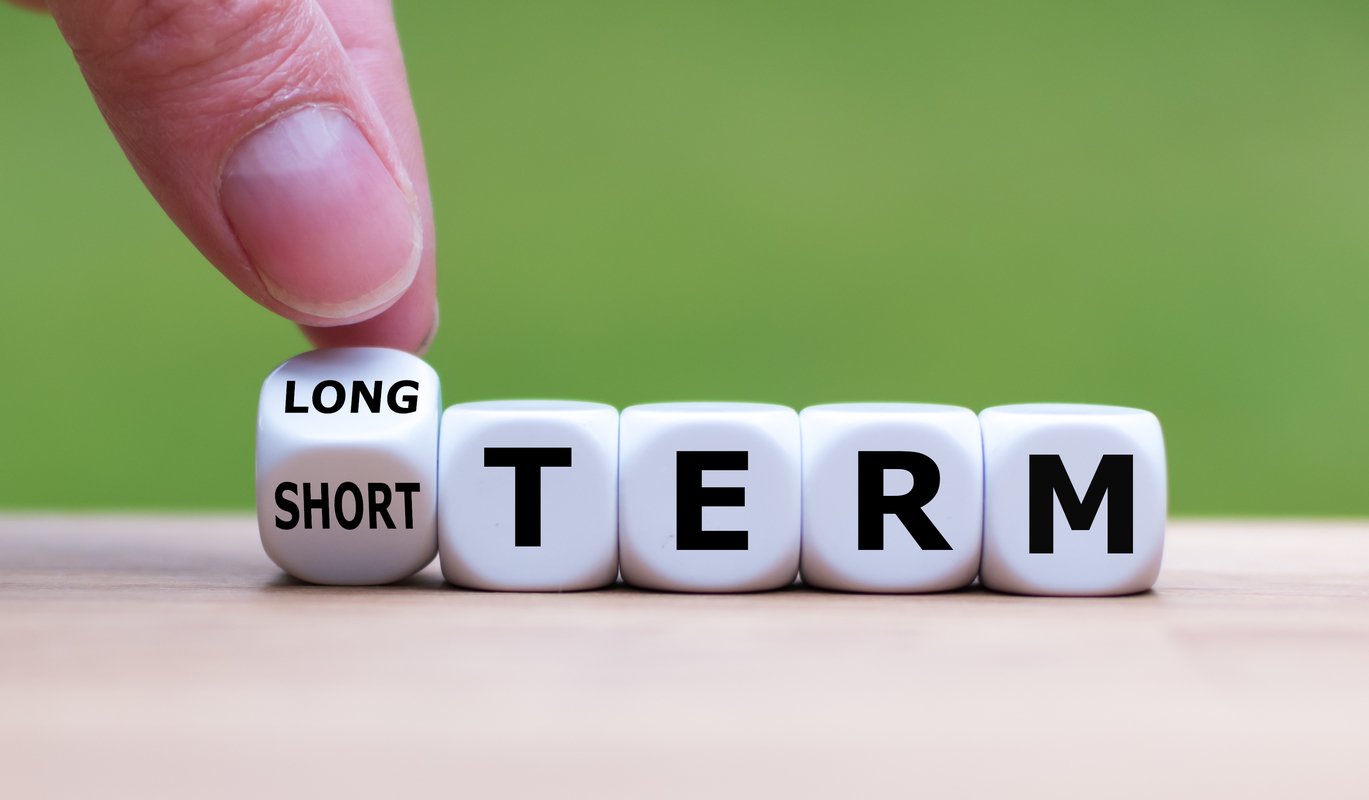Bleak. That's probably the best word to describe last week's third-quarter earnings results from big pharmaceutical company Bristol-Myers Squibb (BMY 0.53%). This was one depressing third quarter. The best news for the quarter is that it's over.
Down, down and down
What went wrong? The list is pretty long, but here are the low points.
Net sales dropped 30% compared with the third quarter of 2011. Falling off the patent cliff hurts. Bristol lost patent exclusivity for both Plavix and Avapro/Avalide earlier this year, resulting in a restructuring of its partnership for the drugs with Sanofi (SNY +1.50%).
Bristol reported GAAP earnings per share of $0.56 in the third quarter of 2011. The company lost $0.43 per share in the same quarter this year. Its non-GAAP earnings per share also fell 33% to $0.41.
The company took a $1.8 billion impairment charge with its discontinuation of BMS-986094. The hepatitis C drug was abandoned after one of the patients in a phase 2 trial suffered a heart attack.
What about guidance for the full year? Down also. Bristol lowered its GAAP earnings guidance from a range of $1.78 to $1.88 to a range of $0.95 to $1.05.
Other than that ...
After all that bad news, looking for a silver lining might seem a little like the old joke: "Other than that, Mrs. Lincoln, how was the play?" However, there actually are a few reasons for Bristol-Myers Squibb to be optimistic about the future.
Several of the company's current drugs continue to experience strong growth. Sales for Yervoy surged 48% in the third quarter compared with last year. Onglyza, a diabetes drug marketed in partnership with AstraZeneca (AZN +1.37%), saw sales jump by 40%. Orencia sales were up 32%.
Bristol completed its acquisition of Amylin during the third quarter. This beefs up the company's diabetes drug portfolio with the addition of Byetta and Bydureon. The transaction also included a $1.7 billion payout to Lilly (LLY 2.05%) to end its collaboration on the drugs with Amylin.
The company looks forward to potentially more good news in first quarter of 2013. The FDA set March 17 as the decision date for Eliquis. Bristol partnered with Pfizer (PFE 0.08%) on the drug that targets prevention of strokes in atrial fibrillation.
Bleak to bright?
These pieces of good news bode well for Bristol-Myers Squibb's future. Investors should find other reasons to like the company also. Bristol sits on $2.9 billion in cash, equivalents, and short-term investments. It has another $3.7 billion in long-term securities. The company's dividend yield currently stands at 4%.
Despite Bristol's bad third quarter, its stock trades near the middle of its 2012 range. Now could be a good time for investors to look at buying shares. Bristol certainly has seen bleak days recently, but its future over the long run should still be bright.










